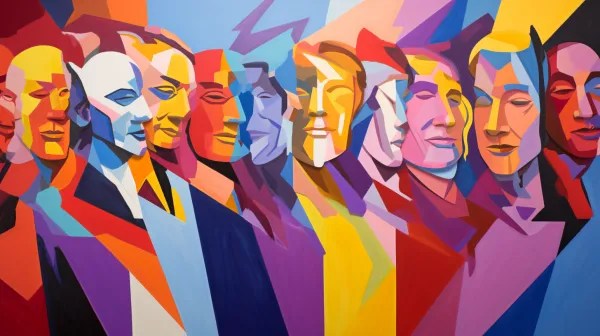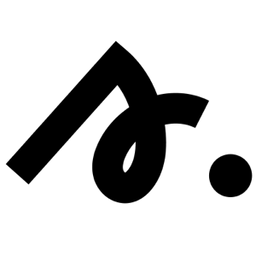What's your story?
This is a simple question that can strike fear, doubt, and uncertainty into the heart of outliers and people in transition.
When you've got a stable role or title or some kind of legible position in society, your answer might be as simple as:
"I am a program manager at Google"
"I am a creative director at an ad agency"
You state your role and organization, maybe give a little backstory about how you got into that role, and some things about your early years: education, hometown, and call it a day.
But if you're someone who has bounced around a lot or who just has a unique set of skills and perspectives on the world, that answer is not good enough.
It doesn't really encompass who you are.
It doesn't feel authentic.
And if you try to explain what you do in more detail in a way that makes sense to you, people just look at you funny.
Authenticity vs Legibility
A lot of my coaching clients find personal bios to a source of stress because they want to be authentic and they want to be clearly impressive. Which is hard to pull off.
So they either avoid saying anything at all or they try to put out something that's legible, that's conventionally successful. They rattle off achievements, markers of success, association in high status groups and clubs.
And of course there's a place for that. A personal narrative is meant to demonstrate that you are a person of value and worth spending time with, funding, hiring, etc.
But I think the tricky part is how you introduce some personal details in a way that feels natural, feels authentic, and humanizes you.
Because when you are just a bullet point of skills and experiences and achievements, you're a lot more interchangeable. It just becomes about comparing who is the best.
Differentiating from Commodities
When Steve Jobs returned to Apple in 1999, he recognized that Apple's brand had been diluted, focused too much commodity features—and not enough by emotional and narrative value.
It’s a very noisy world and we’re not going to get a chance to get people to remember much about us… The way to do that is not to talk about speeds and feeds. It’s not to talk about bits and mega-hertz. It’s not to talk about why we are better than Windows...
What we’re about isn’t making boxes for people to get their jobs done, although we do that well. We do that better than almost anybody, in some cases. But Apple is about something more than that...
Apple at its core, its core value, is that believe people with a passion can change the world for the better. That's what we believe. We've had the opportunity to work people like that, like software developers, customers, who have done that. The people who are crazy enough to think they can change the world is those who do.
Studying Example Narratives
Sure Jason, you say, I get that I need to tell a better story, but it's easier said than done.
I get it.
That's why I went down a rabbit hole of impressive yet authentic professional bios. I originally put the list together for someone of my clients, but figured I'd share it with you.
In total there are 8 individuals recognized and I've left notes on each one for what I think they do well.
I'm going to include a few excerpts here but go ahead and read the doc if you want to see the whole thing.
Excerpts from "Compelling Personal Narratives" List
Amanda Natividad - Cofounder of SparkToro
Without formal marketing training, I learned much of what I know today through trial and error, following my intuition when in doubt.
I never really understood most of the paid side of marketing — PPC, display ads, buying lists — because it wasn’t how I, as a consumer, found beloved products.
So I stuck with organic & brand marketing. I was convinced that the best way to market is through your audience’s sources of influence: marketing to and connecting with your audience where they’re already paying attention.
Tony Fadell - founder of Nest
After leaving Apple, we decided to build a “green” home in Lake Tahoe, Calif. While researching heating and cooling systems, I realized that the thermostat was ripe for innovation. I founded Nest Labs to build the self-programming Nest Learning Thermostat. When owners are away, sensors adjust the temperature to save energy. The thermostat has been selling in the United States and Canada for 20 months, but because the device is Wi-Fi connected, we know that it is being used in more than 80 countries.
We designed the thermostat for do-it-yourself installation, and we even include a custom screwdriver in each box. I think my grandfather would have liked that.
Melissa Perri - Product Management Author/Advisor
When I’m not at my desk, you might find me in the kitchen. With a hammer, not a spatula. I’m an overconfident DIYer and currently renovating my house. I’m also learning how to golf... slowly– I’m terrible, but I’m getting better!
Chris Do - Design and business instructor
Identity 1: Refugee
On April 30th, 1975, my family and I fled Saigon as the U.S. withdrew. Although Saigon is where I was born, America has become the only home I truly know. Despite best-laid plans, I have never been back.
I'm curious to hear from you if this was helpful and if you have any questions or thoughts about how you're telling your own personal story.
—Jason

Recent Issues
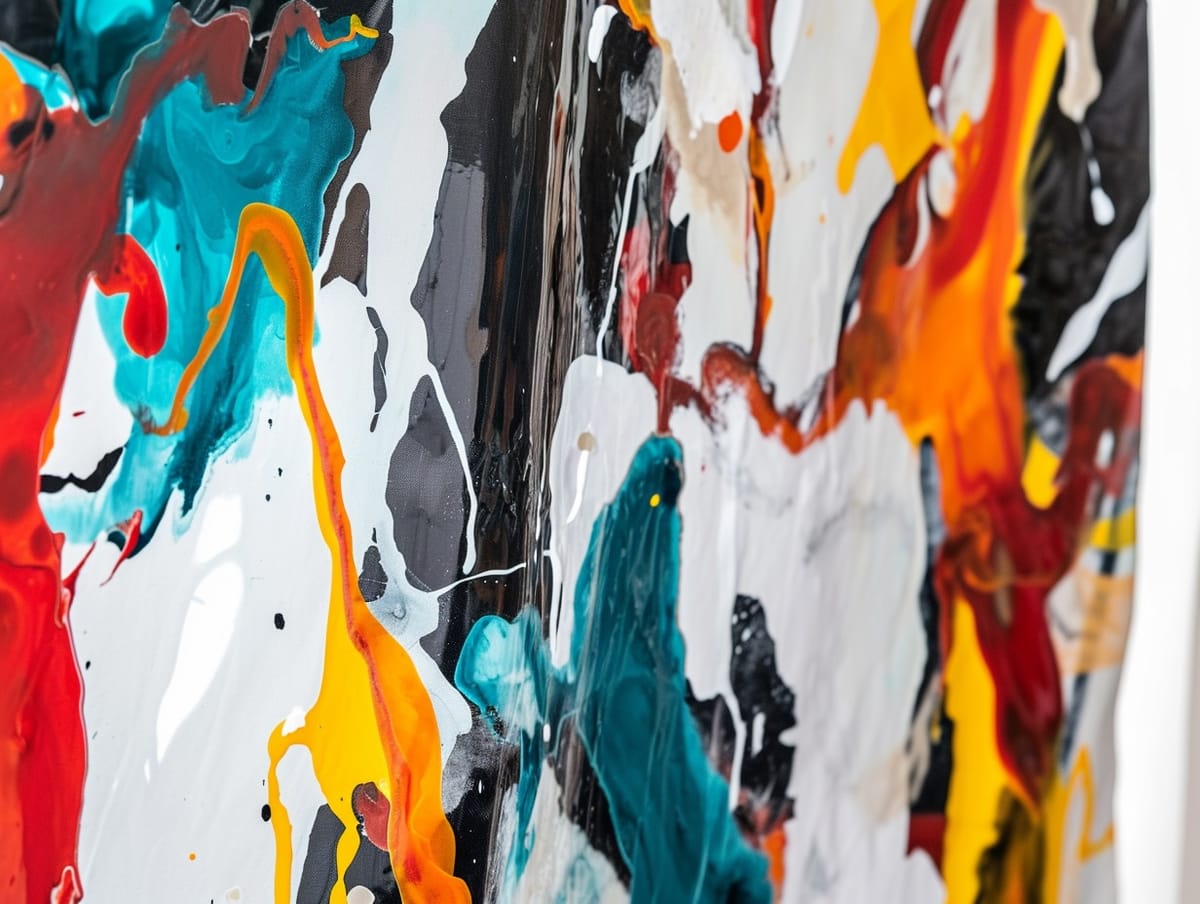
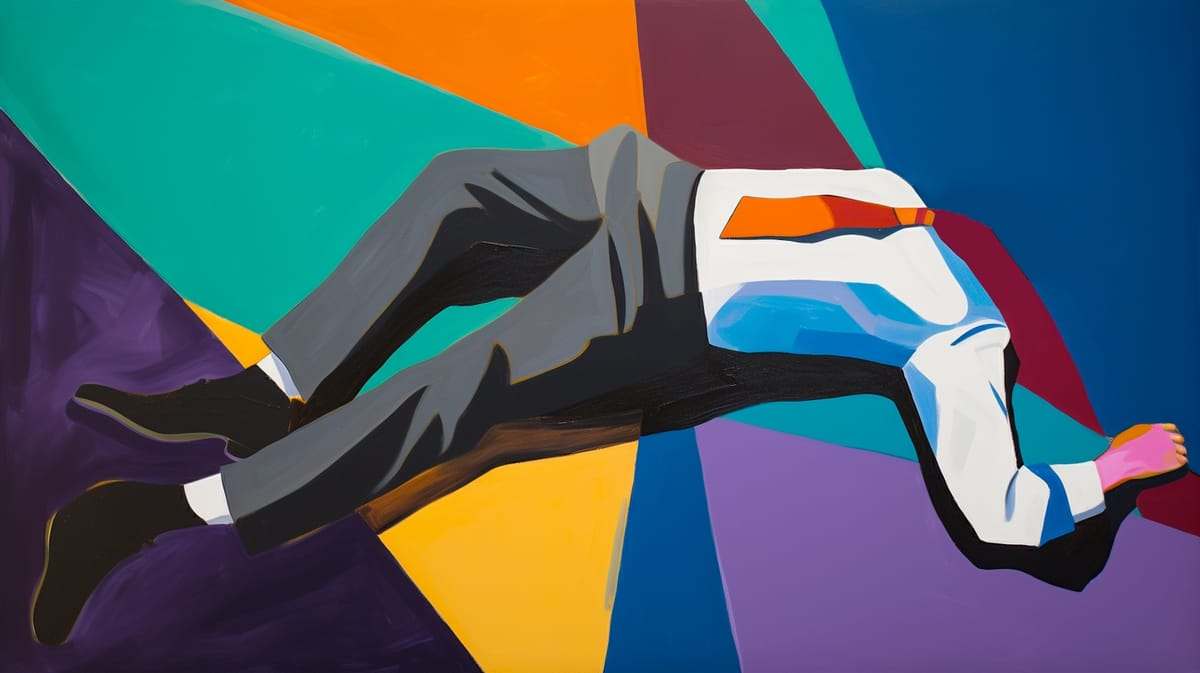
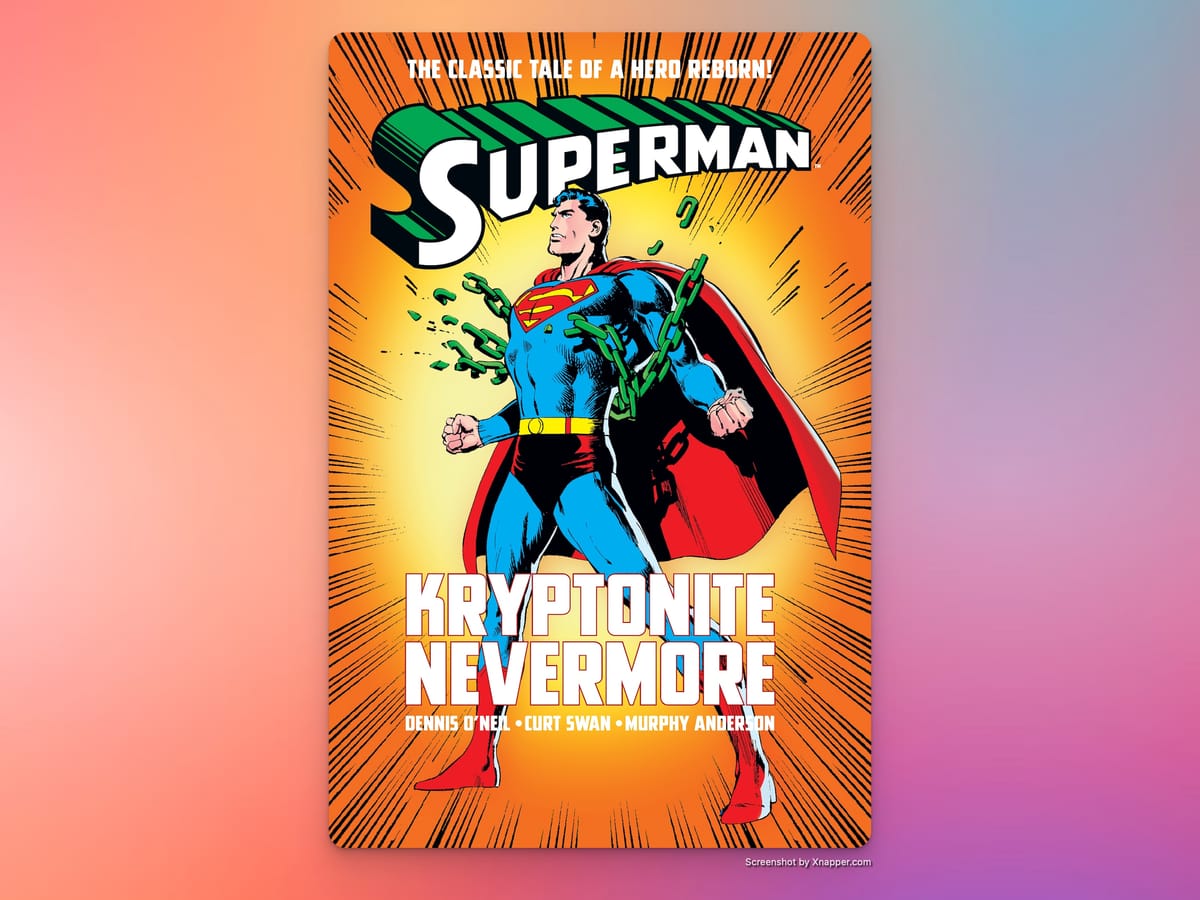
How I Can Help You
As most of you know, I'm now a full-time coach and CEO at Refactor Labs. I have a couple ways I can help you:
🧢 Executive Coaching: 1:1 + small group sessions that unlock transformational growth through extended partnership.
🛠️ Participatory Workshops: Interactive seminars designed to learn and practice crucial skills for navigating complex transitions—storytelling, emotional intelligence, experimentation and more.
🎤 Keynote Talks: High energy presentations that challenges audiences to dream bigger and act bolder in the pursuit of excellence.
Coming soon: Templates, exercises, and other low-cost ways to build resilience and develop your outlierness.
